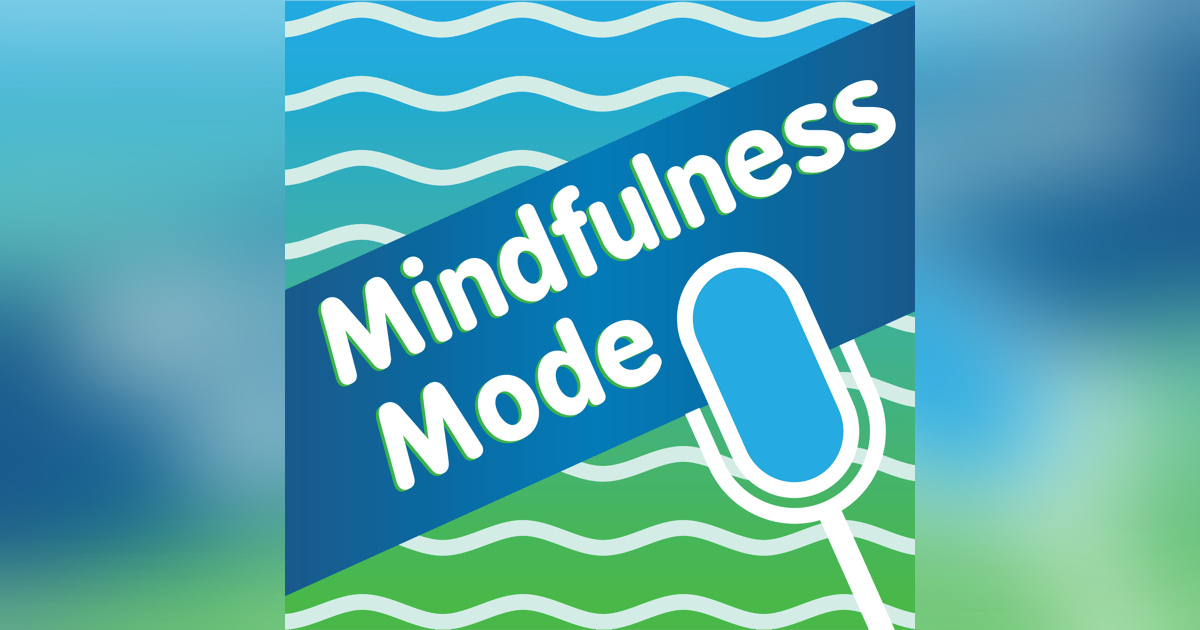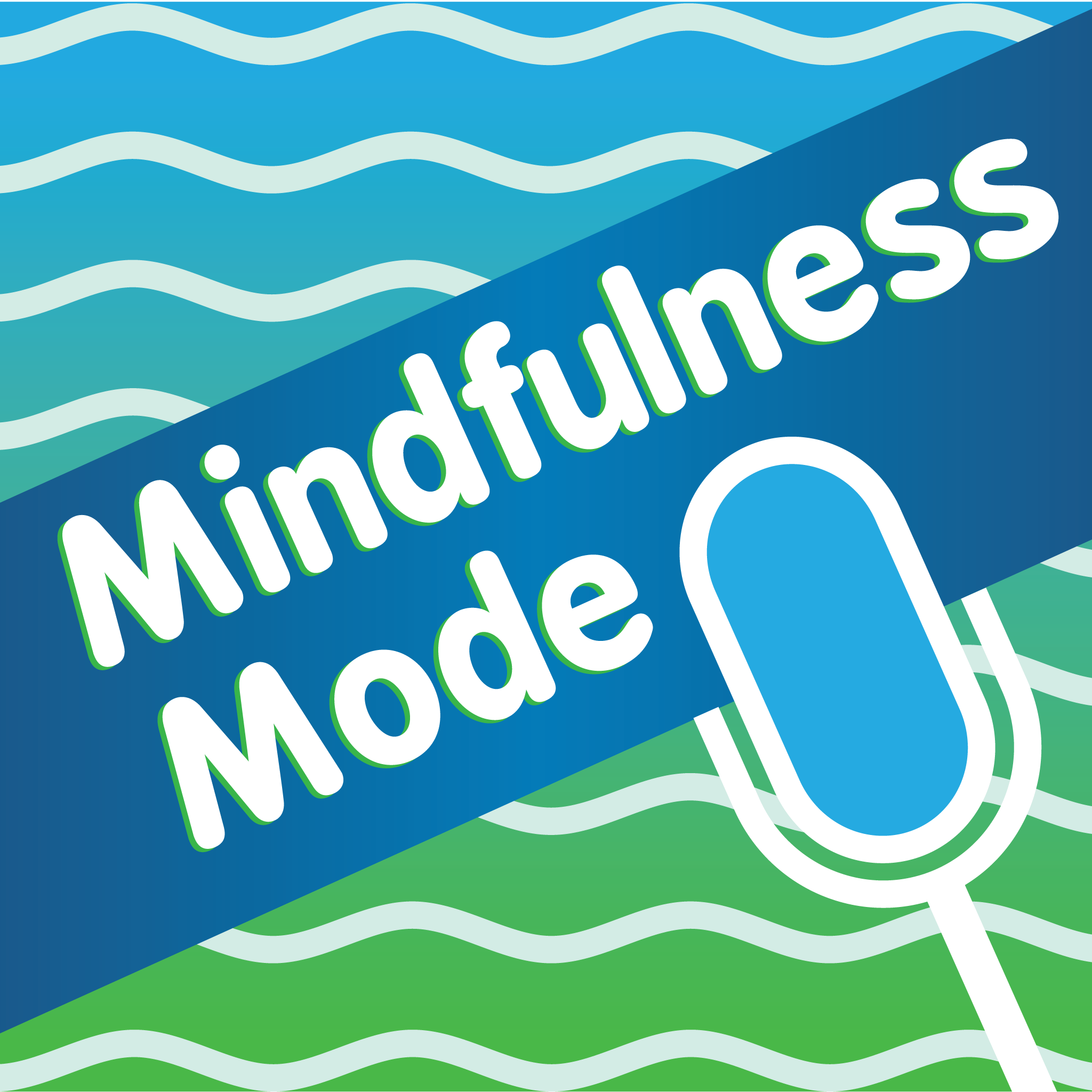Calm Your Rage


Do you experience sudden outbursts of anger that happen when you least expect it? Have you noticed that you feel extremely angry towards certain people or certain types of people? Maybe there's someone in your life that gets under your skin and yet there doesn't seem to be any rational reason for it. That has been the case with me at various times in my life. I was a teacher for a long time and I would notice lots of different personality traits in my students. Sometimes fellow teachers would say things that would irritate me and I'd wonder why I'd feel so much irritation as a result of their comment.
The word rage never came to mind when I thought about my reaction to certain situations, but now that I've learned more about the conscious and subconscious mind and how our minds work, I realize that there was a level of rage that was gurgling and bubbling just below the surface.
Certain personalities or specific words or phrases would potentially case that gurgling rage to erupt. Sometimes the eruption was minor and no one else would even be aware of it. Occasionally I would do or say something that was out of place and I'd wonder why that happened.
Listen & Subscribe on: iTunes / Stitcher / Podbean / Overcast / Spotify What is trauma?Now I realize that what triggered my rage was something related to an early trauma in my life. So when I say trauma, I want to be clear that an event that was traumatizing to me, may seem like a nothing event to you. I used to think that traumas were always events like a car accident, a house fire, sexual abuse, or a robbery.
A quick online search tells us that, “In general, trauma can be defined as a psychological, emotional response to an event or an experience that is deeply distressing.”
Another definition says that, “Trauma is the lasting emotional response that often results from living through a distressing event.” It goes on to say, “Experiencing a traumatic event can harm a person’s sense of safety, sense of self, and ability to regulate emotions and navigate relationships. Long after the traumatic event occurs, people with trauma can often feel shame, helplessness, powerlessness and intense fear.” You may have experienced trauma and don’t even know it.
Suggested Resources- Book: Lighter: Create Lasting and Healthy Habits to Lose Weight & Keep It Off for Life Without the Struggle by Erika Flint
- Book: The Power of Now by Eckhart Tolle
- App: Insight Timer
- Dreams To Destiny; Mark Victor Hansen & Crystal Dwyer Hansen
- Find Happiness and Success Even Through Traumatic Events; Forrest Willett
- 447 Discover Your Energetic Solutions Through Sheevaun Moran
Trauma can take the form of abductions, terrible invasions of privacy, sexual abuse, violent attacks; all kinds of awful things happen to people in the world. Some of it is remembered and some isn't.
Generally speaking, our subconscious mind has the ability to remember and categorize vast amounts of information including incidents, words spoken to us, even smells, sounds, images, sensations, and emotions.
Only a minuscule amount of this information makes it to the conscious mind. So much of it we are not able to recall. It seems to be lost forever. Even though it seems to be lost, sometimes this information comes out in dreams and sometimes is triggered by certain random things that might surprise you. Maybe a brief musical phrase from a song, a certain aroma, or the face of an innocent stranger.
Some people who experience terrible traumas are unable to remember them at all, or maybe they just remember random bits and pieces. Traumatic events are usually not remembered sequentially, with a beginning, middle, and end. If anything is remembered, usually it's short, abbreviated chunks that can show up as memory flashes. Some people are bewildered at what these apparently isolated memories are all about.
A lot of people are confused when these memory flashes trigger anger and rage that they didn't even know was there, beneath the surface. All of a sudden you're exploding at someone, or you're ranting and raving about something. Maybe you hear yourself screaming and yelling at someone and it almost feels like you're witnessing another person doing the shouting. Somehow you know it's you, but you feel completely out of control.
A Recent Endorsement
One of my clients just finished her sessions and she sent me this endorsement telling you about her success with hypnosis:
“My name is Danielle Genenz. I’ve struggled with my inner bully, low self-esteem and lack of self worth for years. My relationships with family members have always been difficult and I’ve gone long periods of time without speaking with them.
Since I’ve had the honor to work with Bruce Langford on hypnotherapy, my life has changed for the better. I’ve been able to establish more boundaries in my relationships, which has allowed me to renew a connection I’ve not had in a long time with my family. I’m able to talk with them without constant confrontations and tensions and we are now able to communicate on a weekly basis.
I’ve also developed a sense of calmness that has been missing from my life. Now my battle with negative self talk has eased significantly and I feel more freedom to do things I enjoy without the constant burden of emotional stress. Hypnotherapy has also helped me to develop more interest in socialization and I’m better able to give more time to myself.
So once you are ready to do the work, I would really recommend this program to anybody who wants to improve their life and give themselves the gift of having more peace and confidence. Bruce has made all the difference in my life and I know he can for you as well.”
Danielle Genenz, Hypnosis Client
An interesting thing about hypnosis is that instructions and suggestions can affect later behaviors of a subject. A friend of mine was hypnotized and it was suggested that he would want to drink glasses and glasses of ice water. As a result, he found himself craving ice water day after day; something that hadn’t been part of his life at all before he was hypnotized.
The fact that hypnosis can help you get to the root of your anger, your pain, and your rage, as I mentioned in the title of today’s episode, is what is making hypnosis more and more mainstream.
Lessen AnxietyYou may have heard of someone who successfully went to a hypnotist to quit smoking or to lose weight. The results are effective 95 to 98 per cent of the time and positive results are usually related to how much the subject wants to change and how trusting they are of the person doing the hypnosis.
I’ve seen this to be true. My most trusting clients, and my clients who have the greatest desire to change their behaviors, have been very successful.
If you are hoping to lessen your anxiety and stress, hypnosis is a great tool. If you would like to become more calm, more content in your life, and, as I say on Mindfulness Mode, reach new heights of calm, focus, and happiness, then hypnosis is an effective tool that is quicker than most methods and a lot more inexpensive too.
You Are AppreciatedI sincerely hope you’re not suffering through terrible rage and anger, but if you are, you can move forward toward a better life. A life where your anger is under control, a life where you are enjoying the results of your hard work and your accomplishments.
Thanks for listening to this episode about calming your rage. It’s great to sit here and share this with you, just as if you were here in the room sitting right here with me. Have a great rest of your day.
Special Offer Have you been trying to break through a mind block and reduce stress? Are you discouraged and feeling anxiety? I coach people just like you. Do you just want to feel content and happy? I’m Bruce Langford, a practicing hypnotist, and I love to help people just like you! Feel good about your life and accomplishments. Regain confidence. Book a Free Consultation to get you on the road to contentment. Email me: bruce@mindfulnessmode.com with ‘Rage' in the subject line.